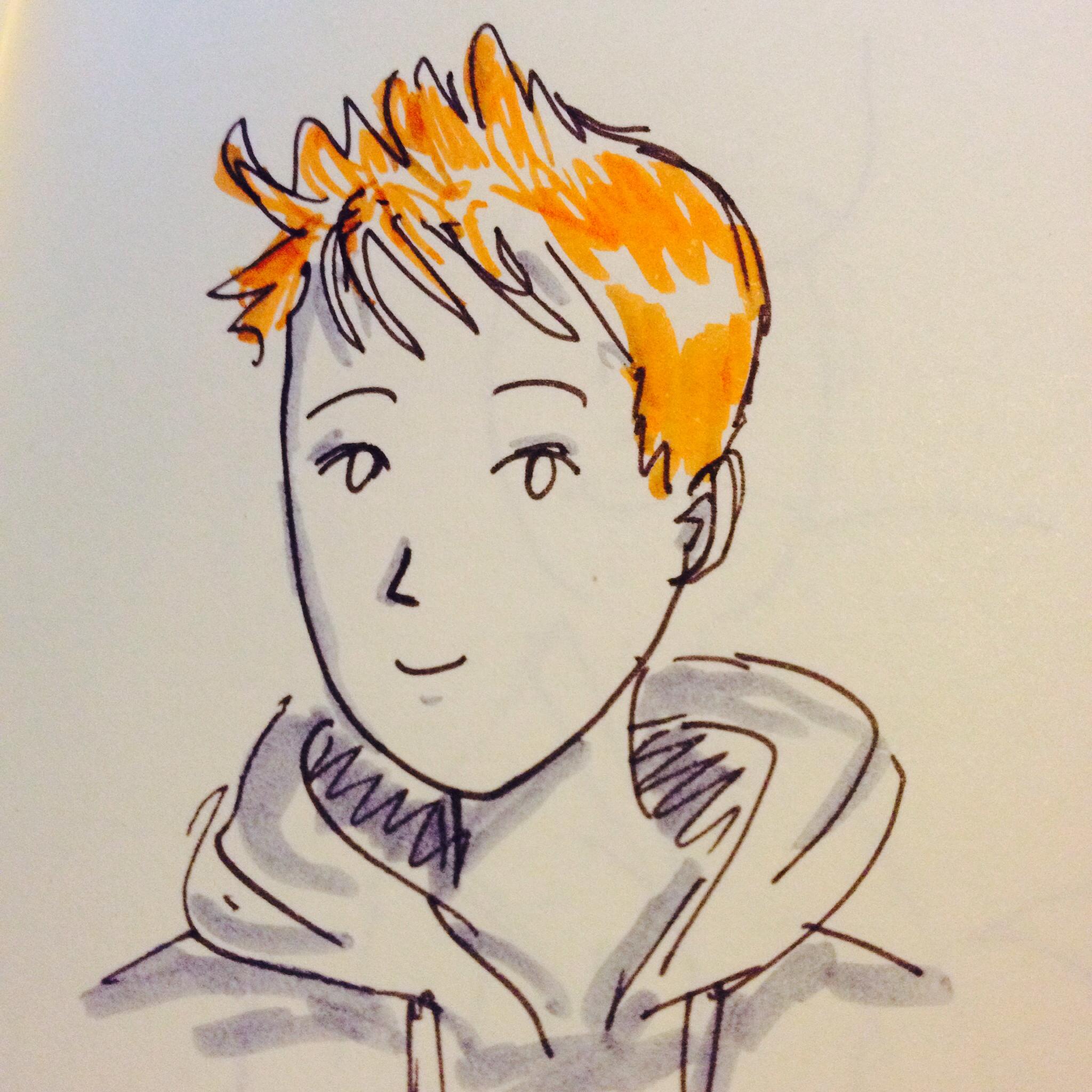NHS Hack Day 4
Rachel Graves
2013-05-27 02:37:00 +0000This weekend I attended my first ever hack day – NHS Hack Day 4. It is an event where doctors, medics, nurses, programmers, designers, ux consultants and various other talented people all get together, pitch ideas about how to make healthcare better and then form teams to make those ideas.
Not having attended a hack day before, I didn’t really know what to expect from the format. I wasn’t expecting to pitch an idea and I certainly wasn’t expecting 4 programmers and a doctor to join me in trying to build my ideas.
The idea I pitched, NHS Matchwell is a website to provide “better support for people with health conditions through matchmaking”.
I came up with this idea because I have a chronic illness. There is a problem with my heart that means that I had to be fitted with an implantable cardiac defribrilator (ICD). If I ever go into ventricular fibrulation, it will shock my heart to stop me from dieing. Both the condition and the ICD are pretty scary things to live with and it can be hard to find people who understand what I am going through. Whilst there are support groups and organisations dealing with this, I found that they were not that helpful. The support group was filled with lots of people representing worst case scenarios that frightened me, whilst the organisations are really behind in their networking.
The aim of NHS Matchwell is to connect you to people who have similar conditions and symptoms, and also on a range of user chosen fields, such as interests, age, gender and religion.
One of the interesting things about having people come to help, is that my role in the project ended up being very different than I had imagined. I intended to turn up and write some code using a Ruby framework named Padrino, however, the programmers joining the team all knew Python and Django. I ended up taking the role of project manager, frontend developer and systems administrator. I setup a kanban board to keep the team organised, implemented Vagrant and Heroku hosting for development and staging and built the frontend using getskeleton.com.
